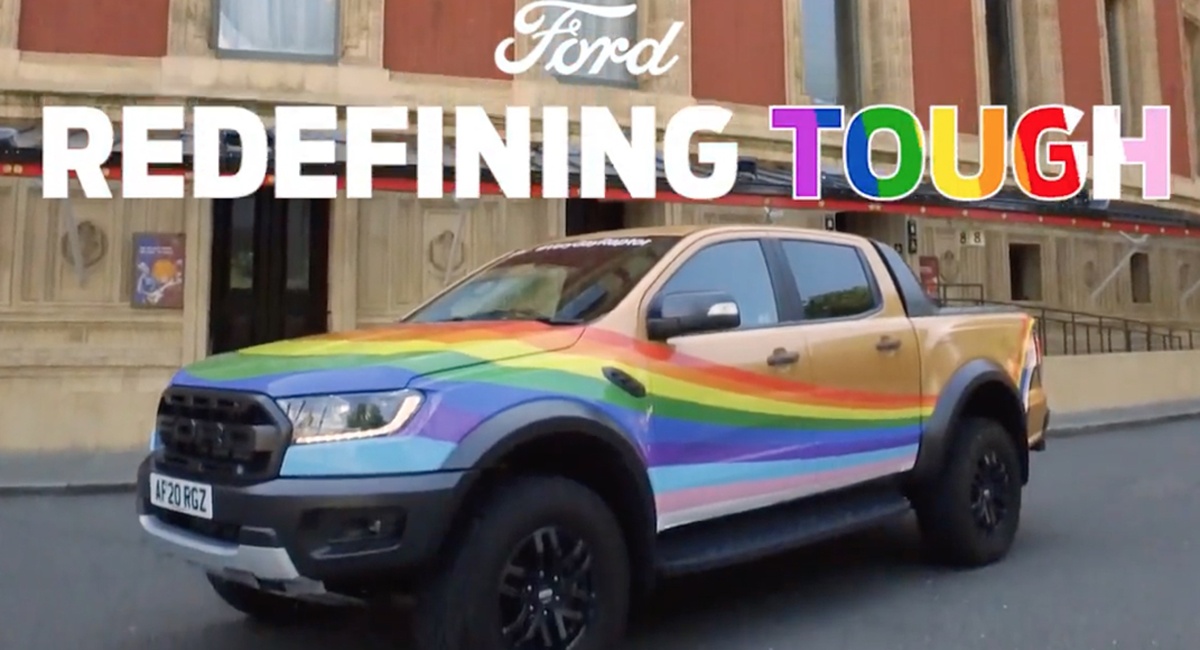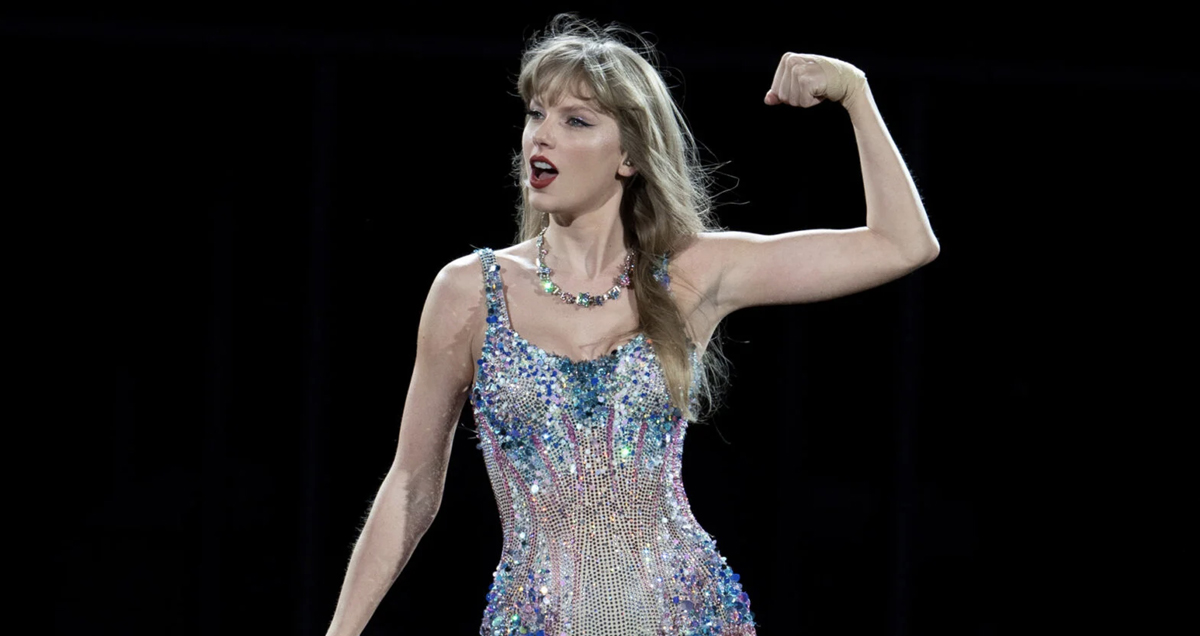Paging Ford’s truck division. Emergency call from Bud Light on line one. Repeat, emergency call from Bud Light on line one.
Oh, whoops. It looks like the Ford executives who could have stopped their brand from becoming the “Bud Light of Trucks” had already done the deed a year ago, when they ran the “Very Gay Raptor” — yes, that is its real name — at a major motorsports event.
You may have indeed wondered whether this video, that’s been going viral thanks to former transgender personality Oli London, was real:
Ford wants to convince consumers that driving this car is a symbol of Masculinity and Toughness. 💪🏻🏋️♀️🤹🏻♂️
The ad features the Worlds Strongest Men to convince you how tough the new “Very Gay Raptor” really is! 🛻🌈 pic.twitter.com/YtuamkvscZ
— Oli London (@OliLondonTV) May 18, 2023
The answer is yes.
The ad shared by London features Rob Kearney, the first openly gay competitor in the World’s Strongest Man competition, talking up the allyship he found in the event.
Others also recently posted promotional videos of the “Very Gay Raptor,” a rainbow flag-bedecked version of the $56,000-plus twin-turbo performance truck:
Henry Ford is turning over in his grave pic.twitter.com/0FKeZ4l7dR
— Lauren Witzke (@LaurenWitzkeDE) May 18, 2023
The only thing that’s wrong about these statements is that the “Very Gay Raptor” isn’t something new. Instead, it’s something that Ford was touting beginning in 2021, including at one of England’s premiere automotive events last year.
“Ford will continue demonstrating its allyship with the LGBTQ+ community at the Goodwood Festival of Speed this week, bringing ‘Very Gay Raptor’ and the Next-Gen Ranger Raptor along for the ride,” Ford said in a news release last June, declaring that the truck would “redefine ‘tough.’”
The event, which is held at the Goodwood Estate in West Sussex, England, draws hundreds of thousands each year to gawk at some of the most famous production and competition cars ever manufactured.
“Created in 2021, ‘Very Gay Raptor’ was born in response to a negative comment on social media, with Ford rendering its most bada** nameplate in sparkling gold adorned with rainbow graphics,” the news release said.
“The positive response online was so overwhelming the manufacturer decided to make it real, and has been using it as a tool to help drive out discrimination ever since.”
‘Very Gay’ was a compliment, right? ✨🌈 #VeryGayRaptor pic.twitter.com/vOYJfwHANH
— Ford News Europe (@FordNewsEurope) June 25, 2021
Footage of the “Very Gay Raptor” also features prominently in a recap of Ford’s numerous competition cars and production specials at Goodwood last year:
Of course, rubbing people’s noses in both the generic LGBT rainbow flag and the transgender-specific flag wouldn’t have gotten as much attention last summer, particularly from people who aren’t in the habit of paying attention to the Goodwood Festival of Speed.
It’s worth noting that, even as someone who does watch significant portions of the event, I didn’t manage to see it — which was probably the point.
However, the Dylan Mulvaney/Bud Light campaign has changed the calculus for many major brands.
Whereas previously an ostentatiously woke campaign specifically targeting consumer products that are decidedly unwoke would fly under the radar for most people, the “Very Gay Raptor” suddenly seems like a “Very Bad Idea” — particularly for a company struggling in other areas at present that has to sell the Ford Ranger Raptor to a mostly male, generally conservative clientele that’s not considering a secondhand Nissan Leaf in the Raptor’s stead.
Given that the genesis of this campaign comes from 2 years B.M. (Before Mulvaney), it’ll be curious to see what Ford does with the “Very Gay Raptor” and what kind of publicity it gets over the next few months.
My guess is that the emergency message from Bud Light gets through loud and clear; after all, if there’s one thing that’s easier than switching from one beer to another, it’s switching from one expensive truck to another.
Keeping that in mind, Ford’s “allyship” (read: assault on science and traditional values) is going to be a lot more low-key for at least the foreseeable future, one imagines.
This article appeared originally on The Western Journal.



